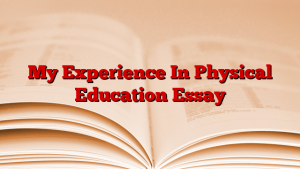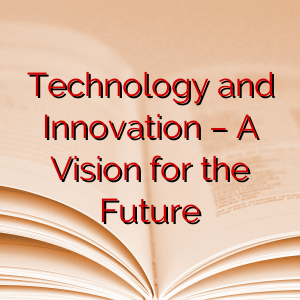AI in Education – Revolutionizing Learning or Compromising Privacy?
The use of artificial intelligence (AI) in education has become increasingly prevalent, promising to revolutionize the learning experience by tailoring it to individual needs and abilities. However, this transformation is not without its challenges, most notably in terms of privacy and data security. This essay delves into the complex relationship between AI in education, its potential benefits, and the associated privacy concerns.
AI in Education – Revolutionizing Learning or Compromising Privacy?
The Promise of AI in Education
Artificial intelligence in education has the potential to be a game-changer, making personalized learning a reality. By collecting and analyzing data on students’ performance, AI can identify their strengths and weaknesses, offering tailored exercises and recommendations to improve their learning outcomes. It can adapt the pace and content of lessons to match the student’s learning speed and style, making education more engaging and effective.
One of the key advantages of AI in education is the ability to bridge the educational gap. It can offer assistance to students with different learning needs, including those with disabilities or learning difficulties, creating a more inclusive educational environment. For example, AI-powered speech recognition and text-to-speech technology can be invaluable tools for students with dyslexia or speech impairments.
Furthermore, AI can also help educators by automating administrative tasks, such as grading, thus allowing them to focus more on teaching and providing support to their students. This is particularly important in light of the teacher shortages that many educational systems are facing.
The Dark Side of AI in Education: Privacy Concerns
While AI offers promising benefits for education, it also raises significant privacy concerns. When educational institutions collect vast amounts of data on students, there is potential for misuse and data breaches. The data may include personal information, academic records, and even sensitive health data in some cases. Therefore, it is imperative to examine the privacy implications of AI in education.
One of the main privacy concerns is the storage and protection of student data. Educational institutions must ensure that the data collected by AI systems is securely stored and that the access to this information is strictly controlled. Data breaches can lead to identity theft, harassment, and other harmful consequences for students. Therefore, robust data protection measures are essential.
Moreover, AI algorithms may be prone to bias, which could lead to discrimination in educational outcomes. If the AI system relies on biased data, it may unintentionally disadvantage certain groups of students, perpetuating inequalities. Therefore, it is vital for developers to constantly monitor and refine their algorithms to mitigate bias.
Another privacy concern is the potential for surveillance. AI systems can be used to monitor students’ behavior, both in the classroom and online. While this can be valuable for identifying early warning signs of struggling students or potential issues like bullying, it can also infringe on students’ privacy and lead to a culture of constant surveillance.
Balancing the Scales
Balancing the benefits of AI in education with the privacy concerns is a complex challenge. It requires a multi-faceted approach that involves educational institutions, policymakers, technology developers, and students themselves.
Educational institutions must be transparent about how they use AI in the learning process and obtain informed consent from students and their parents or guardians when collecting and using their data. Data should only be used for educational purposes and should not be shared with third parties without explicit consent.
Policymakers have a crucial role in setting and enforcing privacy regulations in educational settings. These regulations should address data protection, algorithmic bias, and the responsible use of surveillance technology. Striking the right balance between innovation and safeguarding student privacy is a delicate task.
Technology developers must prioritize the development of AI systems that are ethical, unbiased, and secure. Regular audits of AI algorithms and continuous improvement are necessary to minimize the risk of bias and other issues.
Students and their families should also be educated about the implications of AI in education and their rights regarding data protection. Empowering students to be aware of their privacy rights and how AI technology is used in their education is essential.
Conclusion
AI in education holds great promise for transforming learning into a personalized, efficient, and inclusive experience. However, this transformation should not come at the expense of student privacy and data security. Striking the right balance between the benefits of AI and the potential risks is essential for the future of education. Education must evolve to harness the power of AI while protecting the rights and privacy of its students, ensuring a brighter and more equitable future for all.

Hello! Welcome to my Blog StudyParagraphs.co. My name is Angelina. I am a college professor. I love reading writing for kids students. This blog is full with valuable knowledge for all class students. Thank you for reading my articles.



